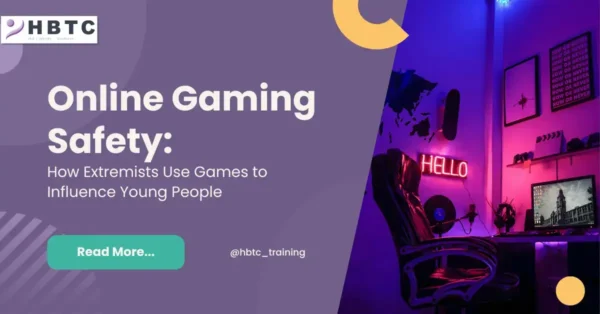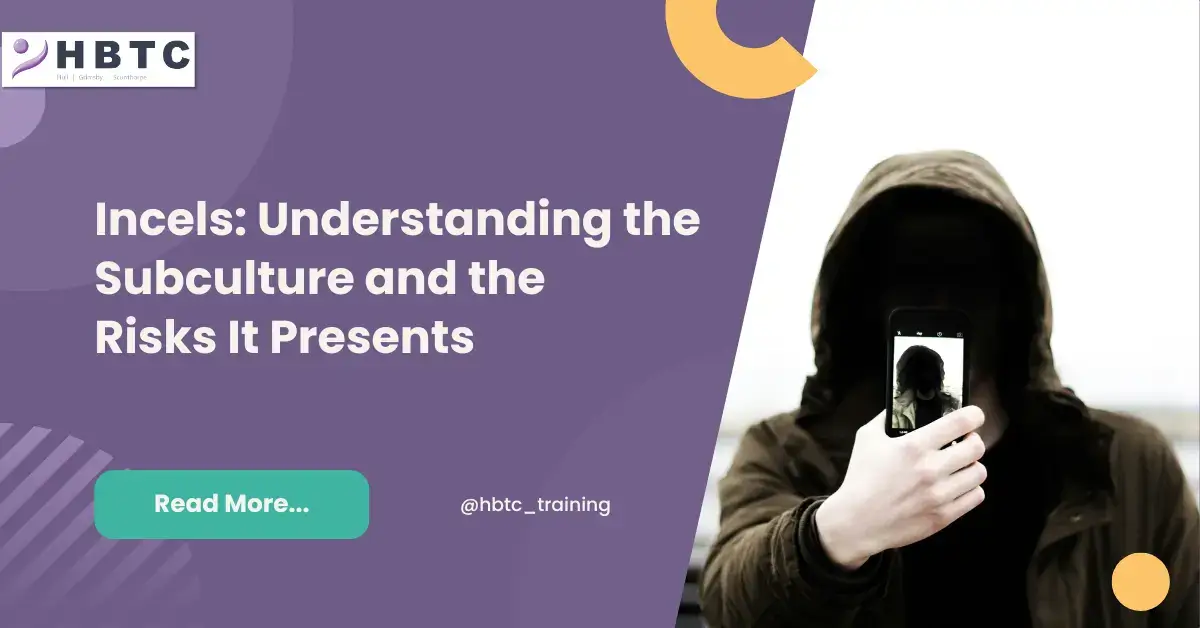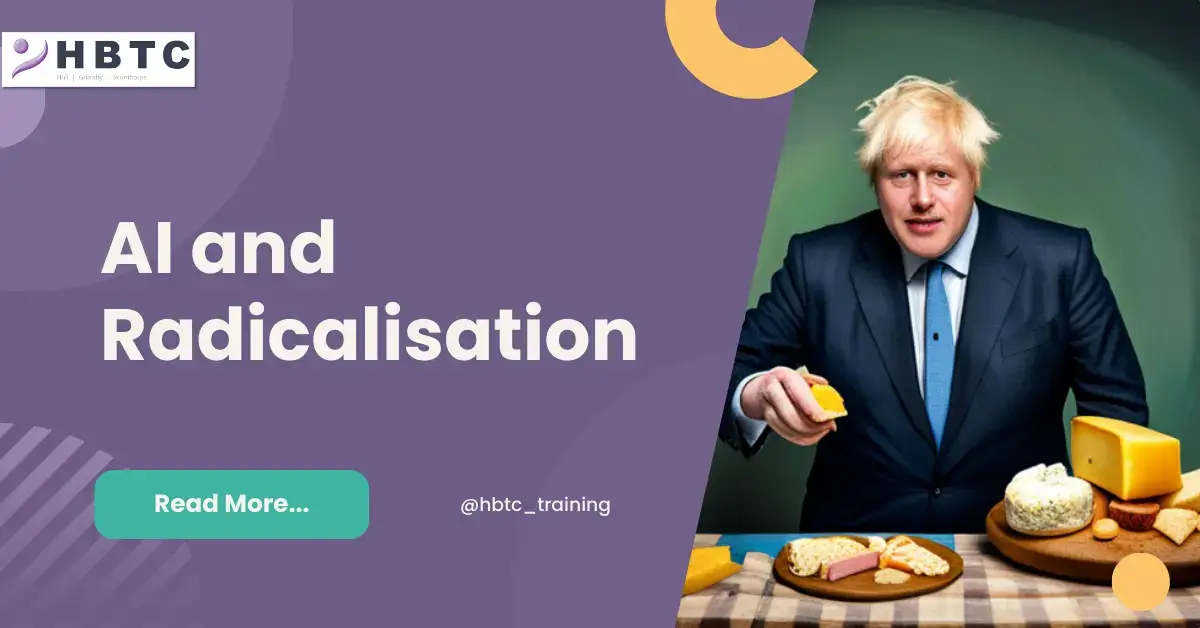Online Gaming Safety: How Extremists Use Games to Influence Young People
Online gaming has become one of the biggest digital industries in the world. Millions of people log in every day to relax, learn, and connect with others. For most young people, gaming is a positive and social hobby. However, it is important to recognise that a small number of individuals use gaming platforms in harmful ways, including spreading extremist ideas or recruiting vulnerable users.
This doesn’t mean all forms of gaming are dangerous. It means being informed, aware, and ready to support young people if something doesn’t feel right.
Why Gaming Communities Attract Extremist recruiters
Many online games allow players to speak to strangers through chat or voice channels. Some also link directly to YouTube, Discord, messaging apps and private servers. These communication tools can create welcoming and exciting spaces, but they can also make it easier for harmful individuals to approach young people.
Extremists sometimes see gaming communities as a place to:
- Build friendships with young players
- Make harmful ideas seem normal or “just jokes”
- Move conversations into private groups or forums
- Share videos, memes or posts that spread extremist beliefs
The process is slow and often hidden behind humour, gaming tips, or friendly conversation.
How grooming and influence can happen online
Recruiters rarely begin with openly abusive or political messaging. Instead, conversations might start with common interests: the game, shared frustrations, or jokes. Once trust is built, the tone can change.
Some of the signs to look out for include:
- Invitations to private chats or closed-group Discord servers
- Older players giving gifts, rewards or upgrades to gain trust
- Pressure to hide conversations from family or friends
- Sharing content online that includes racist, sexist or extremist themes
- Links to videos or influencers that promote extreme ideas or conspiracy theories
Young people may not realise they’re being manipulated. To them, it can just feel like someone being friendly or part of a new community.
Healthy ways to support safe gaming
Parents and guardians don’t need to remove gaming; they just need to help create healthy habits. A supportive environment can prevent problems before they start.

Simple ways to reduce risk include:
- Keeping gaming devices in shared spaces
- Knowing which platforms your child uses (Discord, Twitch, Steam, Xbox Live, etc.)
- Discussing who they are playing with
- Using privacy settings, parental controls, and age filters
- Setting time limits to balance online and offline life
These steps protect young people while still allowing them to enjoy gaming.
signs someone may be at risk
Every young person is different, and these signs can have many causes. Still, they may indicate that a young person is being influenced or contacted by someone harmful online:
- Sudden secrecy around gaming
- Playing late at night to meet someone online
- Becoming defensive about new friends or chat groups
- Repeating phrases that are racist, hateful, or conspiracy-based
- Losing interest in real-life friends or activities
- Becoming isolated or withdrawn
The key is noticing changes in behaviour, especially when paired with new online relationships.
starting open and supportive conversations
Talking about online safety should feel normal, not confrontational. You don’t need to accuse or assume the worst. Just show interest and keep communication open.
You can start with questions like:
- “Who do you enjoy playing with online?”
- “Have you ever seen anything in a chat that made you uncomfortable?”
- “What would you do if someone sent you a link or asked you to join a private group?”
Young people are far more likely to seek help if they feel heard, not judged.
What to do if you are worried
If something feels wrong, you don’t have to deal with it alone. You can:
- Talk calmly to the young person
- Save messages or screenshots if possible
- Ask for advice from trusted professionals
- Use reporting tools on the platform (Discord, PlayStation, Xbox, Steam, etc.), where harmful or abusive behaviour can be flagged
- Report extremist content online at: https://www.gov.uk/report-terrorism (anonymous reporting is available)
- If you believe someone is in immediate danger, always contact the police by calling 999
- For non-emergency concerns, you can contact the police on 101 and ask for advice
If you are a learner or an employer with HBTC, and you or someone you know may be exposed to extremism or radicalisation, you can speak to our safeguarding team for support and advice. Contact Amy or Chris on 01482 211714 or visit: https://www.hbtc.co.uk/support/
Prevent is about safeguarding, not punishment. Early help can protect young people long before serious harm occurs.
In summary
Gaming should be fun, creative and social. With the right conversations, awareness and support, young people can enjoy everything gaming has to offer while staying safe from those who misuse online spaces. The best defence is a confident, informed community of parents/guardians, apprentices and educators who know the signs and aren’t afraid to speak up.
You may also be interested in…

Emily Simpson
Emily is our Digital Marketing/Learner Engagement Apprentice and is involved with all things social media and content development. She is also responsible for attending career events and maintaining relationships with local schools and colleges.


